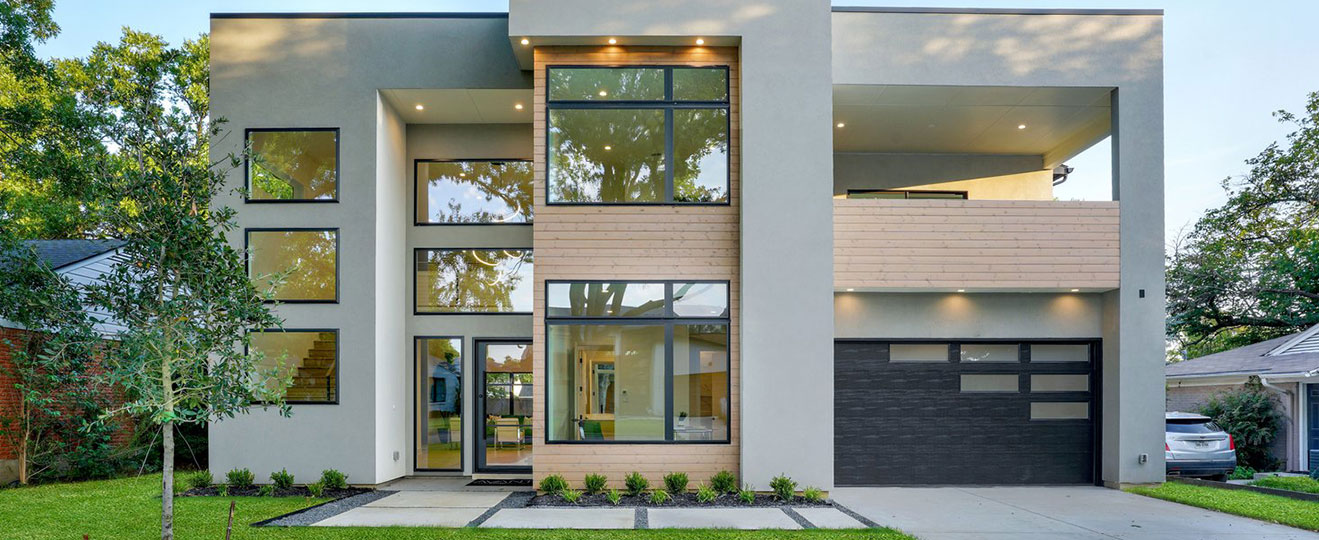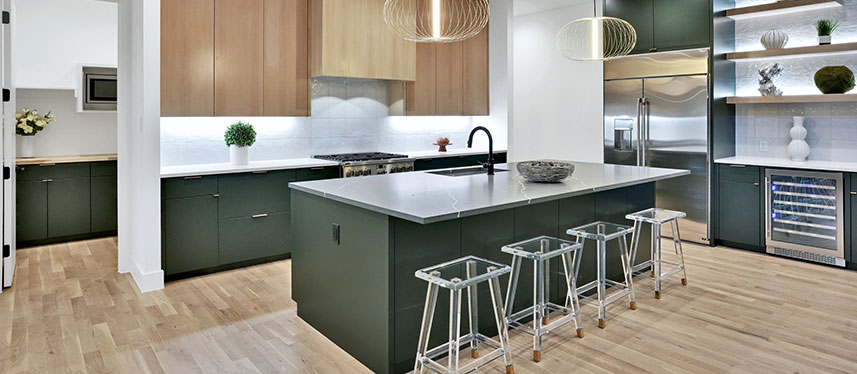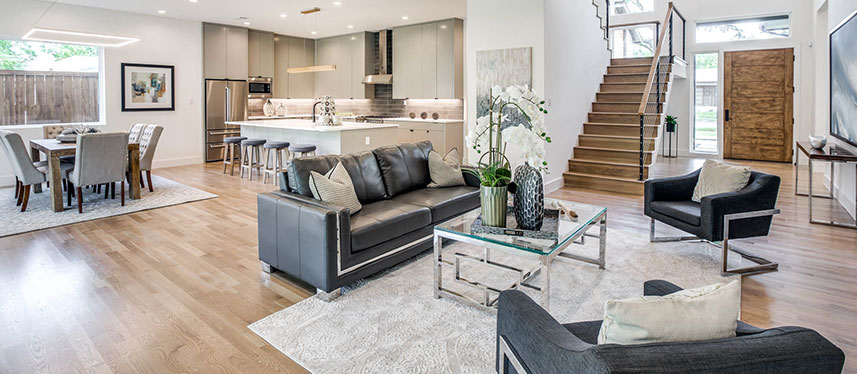
Introduction
Garage Conversion in Mount Hamilton is a brilliant way to make the most out of your home space. With this approach, unused garages transform into functional living areas, perfect for growing families, a home office, or even a rental unit. This addition not only boosts your home’s usability but also adds value to your property. In a community like Mount Hamilton, with its friendly vibe and scenic views, having extra space through Garage Conversion can significantly improve your quality of life.
Essential Garage Conversion Rules for Mount Hamilton
What you can build
Maximum Size
The maximum size for a Garage Conversion in Mount Hamilton is up to 500 square feet, providing ample room for various uses.
Side/rear setbacks
A minimum setback of 5 feet from the side and rear property lines is required to maintain privacy and safety.
Height limit
The height of the converted garage should not exceed 16 feet to blend seamlessly with the neighborhood.
Building separation
There must be at least 10 feet of separation between the converted garage and the main house to comply with local regulations.
Permitting Process Timeline
Standard
The standard permitting process for a Garage Conversion takes about 30 days, ensuring a smooth and timely approval.
Historic Property review
For properties in historic zones, the review process might extend up to 60 days to preserve architectural integrity.
Zoning Regulations in Mount Hamilton
Zoning rules govern the size, placement, and design of your garage conversion.
Garage Conversion Size Limitations:
| Zoning District | Maximum Floor Area Allowed |
| R-1 (Single Family) | 600 sq ft |
| R-2 (Two Family) | 700 sq ft |
| R-3 (Multifamily) | 800 sq ft |
| R-4 (Neighborhood Mixed Use) | 900 sq ft |
Height Limitations
The height limit for a garage conversion in Mount Hamilton is 16 feet, ensuring it remains compatible with residential aesthetics.
Building Coverage
The converted structure must not cover more than 40% of the lot area to maintain open space.
Location
| Property Type | Location Requirement |
| Single-Family Homes | Must be within 10 feet of the main house |
| Duplex | Can be attached or detached, but must respect setbacks |
| Multifamily | Must adhere to multifamily zoning requirements |

Exterior details
Exterior materials and colors must match the primary residence to ensure neighborhood harmony.
Setbacks and Buffer Zones
Minimum setback requirements are 5 feet from property lines to maintain space and privacy.
Minimum Lot Area
Connection for utilities
Utility connections must meet city standards, ensuring safe and efficient service.
Fire safety
Garage conversions must include smoke detectors and fire extinguishers, ensuring occupant safety.
Room specifications
- Living Area: The living area should be at least 200 square feet, providing a comfortable space for daily activities.
- Kitchen: A functional kitchen area of at least 50 square feet, equipped with essential appliances, is required.
- Bathroom: The bathroom must be at least 30 square feet, with modern fixtures for comfort.
- Ceiling Height: A minimum ceiling height of 7 feet ensures a spacious and comfortable living environment.
Short-term Rentals and Home Occupations Regulations
Short-term rentals and home occupations in garage conversions must comply with local zoning laws and regulations.
Building Codes
All conversions must comply with the Mount Hamilton building codes to ensure safety and durability.
Mount Hamilton Garage Conversion Permit Guidelines
| Permit Type | Description | Estimated Fee |
| Building Permit | Required for structural changes | $1,200 |
| Electrical Permit | Necessary for electrical work | $300 |
| Plumbing Permit | Needed for plumbing installations | $350 |
| Mechanical Permit | For HVAC installations | $250 |
| Planning Review | Ensures compliance with local plans | $500 |
Property Requirements
The property must be zoned for residential use to qualify for a garage conversion.
Parking
One additional off-street parking space is required for the converted unit.
Front Setbacks
A front setback of at least 20 feet is necessary to maintain neighborhood aesthetics.
Side and Rear Setbacks
A minimum setback of 5 feet from the side and rear property lines is required.
Open Space and Rear Yards
A minimum of 30% of the lot must remain as open space.
Properties That Qualify
Properties zoned for residential use in Mount Hamilton qualify for garage conversion projects.

Development standards
Single-family Homes
Must adhere to setback, height, and lot coverage regulations to ensure neighborhood compatibility.
Multi-family Properties
Must meet zoning requirements and provide adequate parking and open space.
Duplex Properties
Must comply with setbacks and height limits, and provide separate entrances for each unit.
Property designations
- Flood Zones: Garage conversions in flood zones must include flood-resistant materials and elevated construction.
- Easements: Conversions must not infringe on utility easements to ensure access and maintenance.
- Historic Properties: Conversions in historic districts must preserve the architectural integrity and receive additional review.
Summary
Garage Conversion in Mount Hamilton offers a practical and valuable way to utilize unused space, enhancing both living conditions and property value. With clear guidelines and supportive regulations, homeowners can confidently undertake these projects, making their homes more functional and accommodating.
FAQs
Converting a garage can increase the value of your property because it adds usable living space. As a result, the property will be reassessed, which may lead to an increase in property taxes. The exact amount will depend on the added value of the conversion and local tax rates. It’s advisable to consult with a local tax assessor in Mount Hamilton to understand the potential impact on your taxes.
Yes, you can convert a detached garage into a living space in Mount Hamilton. However, you must ensure that the conversion complies with local zoning regulations, building codes, and setback requirements. Additionally, you will need to obtain the necessary permits before starting the conversion. Detached garages can be a great option for creating a guest house or rental unit.
Proper insulation is essential for a comfortable and energy-efficient garage conversion. In Mount Hamilton, the insulation must meet local building codes, which typically include requirements for wall, ceiling, and floor insulation. The specific R-values required for insulation will depend on the climate and local regulations. Adequate insulation helps to maintain a comfortable temperature and reduce energy costs.
While it is not legally required to notify your neighbors about your garage conversion in Mount Hamilton, it is considered a good practice. Informing your neighbors can help maintain good relationships and address any concerns they might have about noise, construction, or changes to the property. Open communication can lead to smoother project execution and community harmony.
Yes, there are restrictions on the exterior design of the converted garage to ensure it blends with the surrounding neighborhood. In Mount Hamilton, the exterior materials, colors, and architectural style of the converted garage should match or complement the primary residence. This helps maintain the aesthetic appeal of the neighborhood and ensures compliance with local design guidelines.
Adding a second story to your garage conversion is possible, but it must adhere to the height limitations and zoning regulations in Mount Hamilton. The maximum height for garage conversions is typically around 16 feet. Additionally, you will need to obtain the necessary permits and ensure that the structure can support the additional weight. Consulting with an architect or structural engineer is recommended for such projects.
A solid and stable foundation is essential for a safe and durable garage conversion. In Mount Hamilton, the foundation must meet local building codes and be capable of supporting the new living space. This may involve reinforcing the existing garage foundation or constructing a new one. A proper foundation helps prevent structural issues and ensures the longevity of the converted space.
Yes, a separate entrance is required for the converted garage space to ensure privacy and accessibility. This entrance should be designed to provide easy access for the occupants without disturbing the main house. In Mount Hamilton, this requirement helps maintain the functionality and independence of the converted space, making it suitable for use as a guest house, rental unit, or home office.
Yes, skylights can be installed in your converted garage to enhance natural light and ventilation. However, they must comply with building codes and not exceed the height limitations for garage conversions in Mount Hamilton. Properly installed skylights can improve the comfort and appeal of the converted space. It’s important to ensure that the installation is done correctly to prevent leaks and energy loss.
Proper ventilation is crucial for maintaining good air quality and comfort in a garage conversion. In Mount Hamilton, ventilation requirements include adequate windows, exhaust fans, and possibly an HVAC system to ensure proper airflow. Meeting these requirements helps prevent moisture buildup, mold, and indoor air quality issues. Consulting with a professional can help ensure that your conversion meets all necessary ventilation standards.
Soundproofing is not mandatory but highly recommended for a garage conversion, especially if the garage is close to noisy areas or if the converted space will be used as a living area. In Mount Hamilton, adding soundproofing materials such as acoustic panels, insulation, and double-glazed windows can significantly improve the comfort and privacy of the converted space. This is particularly important if the conversion will be used as a rental unit or home office.
Yes, you can include a laundry area in your garage conversion. The laundry area must meet plumbing and electrical requirements, ensuring safe and efficient operation. In Mount Hamilton, incorporating a laundry area adds convenience and increases the functionality of the converted space. Proper planning and design are essential to integrate the laundry area seamlessly into the new living space.
Yes, specific fire safety measures are required for garage conversions to ensure the safety of the occupants. In Mount Hamilton, these measures include installing smoke detectors, fire extinguishers, and possibly sprinkler systems. Additionally, using fire-resistant materials and ensuring proper egress routes are important. Complying with these fire safety requirements helps protect the occupants and the property in case of an emergency.
Durable and easy-to-clean flooring is recommended for garage conversions. Options such as vinyl, tile, or laminate flooring are suitable for Mount Hamilton conversions. These materials are resistant to moisture, wear, and tear, making them ideal for high-traffic areas. Choosing the right flooring ensures the longevity and aesthetic appeal of the converted space, providing a comfortable living environment.
Yes, partial conversions are allowed, enabling you to use part of the garage for living space while retaining some storage. In Mount Hamilton, as long as the living space meets minimum size and safety requirements, you can design a layout that accommodates both functions. This approach maximizes the utility of your garage while providing the needed living space.
Proper waste disposal and recycling must be arranged during the construction of your garage conversion. In Mount Hamilton, you may need to obtain a permit for a dumpster on-site to manage construction debris. It’s important to follow local regulations for waste disposal to ensure an environmentally friendly and organized construction process. Working with your contractor to plan waste management can help keep the site clean and compliant.
Generally, garage conversions are intended for residential use, but some home occupations might be allowed with proper permits. In Mount Hamilton, you must comply with zoning regulations that dictate the allowable uses for converted garages. If you plan to use the space for a home business, check with local zoning authorities to ensure it meets all requirements and obtain the necessary permits.
Adequate lighting, both natural and artificial, is required to meet building codes and ensure a comfortable living environment. In Mount Hamilton, windows, skylights, and lighting fixtures must be installed to provide sufficient illumination. Proper lighting enhances the usability and safety of the converted space, making it more inviting and functional for occupants.
Yes, permits are required for installing heating systems to ensure they meet safety and efficiency standards. In Mount Hamilton, obtaining the necessary permits for HVAC installations is crucial for compliance with local building codes. A properly installed heating system provides comfort and maintains a suitable living environment in the converted space.
Yes, you can add an outdoor patio connected to your converted garage. However, it must comply with setback and coverage regulations in Mount Hamilton. An outdoor patio can enhance the living space, providing an area for relaxation and entertainment. Proper design and adherence to local regulations ensure that the patio complements the converted garage and meets all legal requirements.